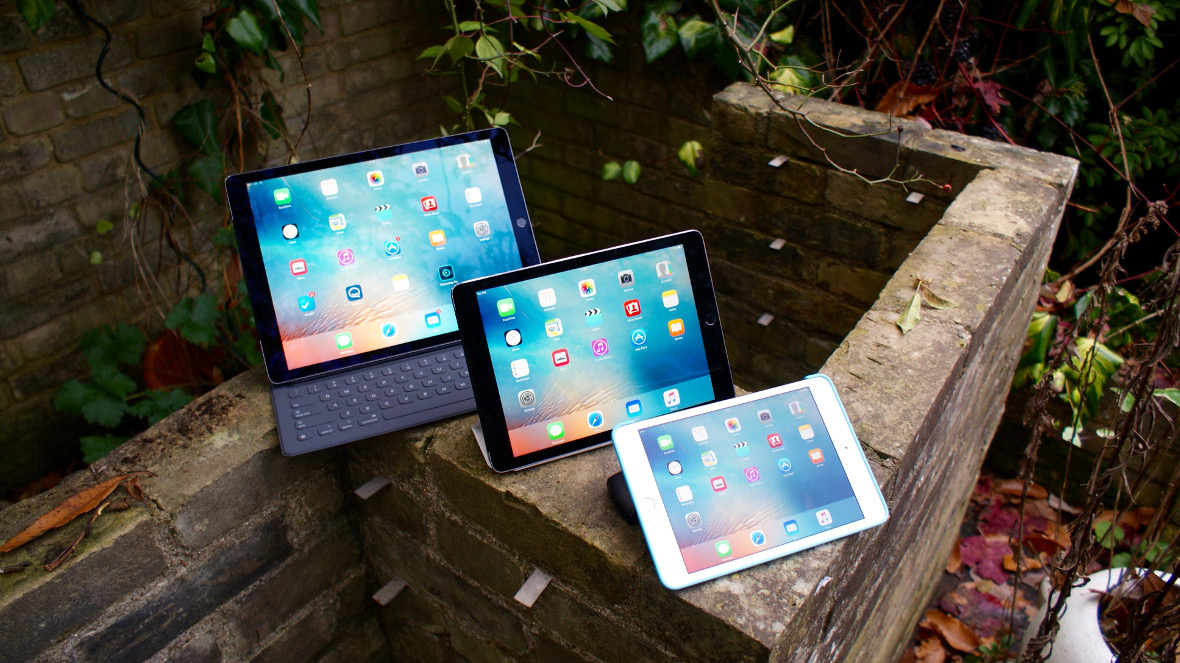

One of the things that makes the iPad one of the very best tablets is that Apple supports its older kit for years – much longer than you'd expect from even the best Android tablets. But even Apple has to stop sometime, and when iPadOS 17 drops later this year it's not going to be available for some older iPad models.
According to French tech news site iPhoneSoft, which says it's seen details from an internal Apple source, this year's iPadOS update is going to drop support for four distinct iPad models. Here's which iPads will get the upgrade.
Which iPads are getting the iPadOS 17 upgrade?
According to the source, the iPads eligible for iPadOS 17 this year are:
- iPad Pro (2017 onwards)
- iPad Air (third generation onwards)
- iPad (sixth generation onwards)
- iPad mini (fifth generation onwards)
iPad models older than the above will be kept on iPadOS 16.
For the very oldest iPads in that list it's worth remembering that just because the operating system is available doesn't mean you'll get all the new features. This is more of an issue with iPhones than iPads – there are some key OS 15 features that weren't made available to some of the oldest supported iPhones – but when the new features start to emerge it's possible that they might not be available to everybody.
iPadOS 17 is expected to come out at the same time as iOS 17 for iPhone, but as yet we don't know what iPhones if any won't be supported; there are conflicting rumours about whether the iPhone 8, iPhone 8 Plus and iPhone X will be left out this year.
Apple should give us more information about its latest mobile OSes at WWDC 2023, which runs from the 5th to the 7th of June. The Reality Pro headset is likely to be the star of the show but we'd expect a lot of the keynote to be given over to Apple's mobile OSes too.
Sign up to the T3 newsletter for smarter living straight to your inbox
Get all the latest news, reviews, deals and buying guides on gorgeous tech, home and active products from the T3 experts
Writer, musician and broadcaster Carrie Marshall has been covering technology since 1998 and is particularly interested in how tech can help us live our best lives. Her CV is a who’s who of magazines, newspapers, websites and radio programmes ranging from T3, Techradar and MacFormat to the BBC, Sunday Post and People’s Friend. Carrie has written more than a dozen books, ghost-wrote two more and co-wrote seven more books and a Radio 2 documentary series; her memoir, Carrie Kills A Man, was shortlisted for the British Book Awards. When she’s not scribbling, Carrie is the singer in Glaswegian rock band Unquiet Mind (unquietmindmusic).
-
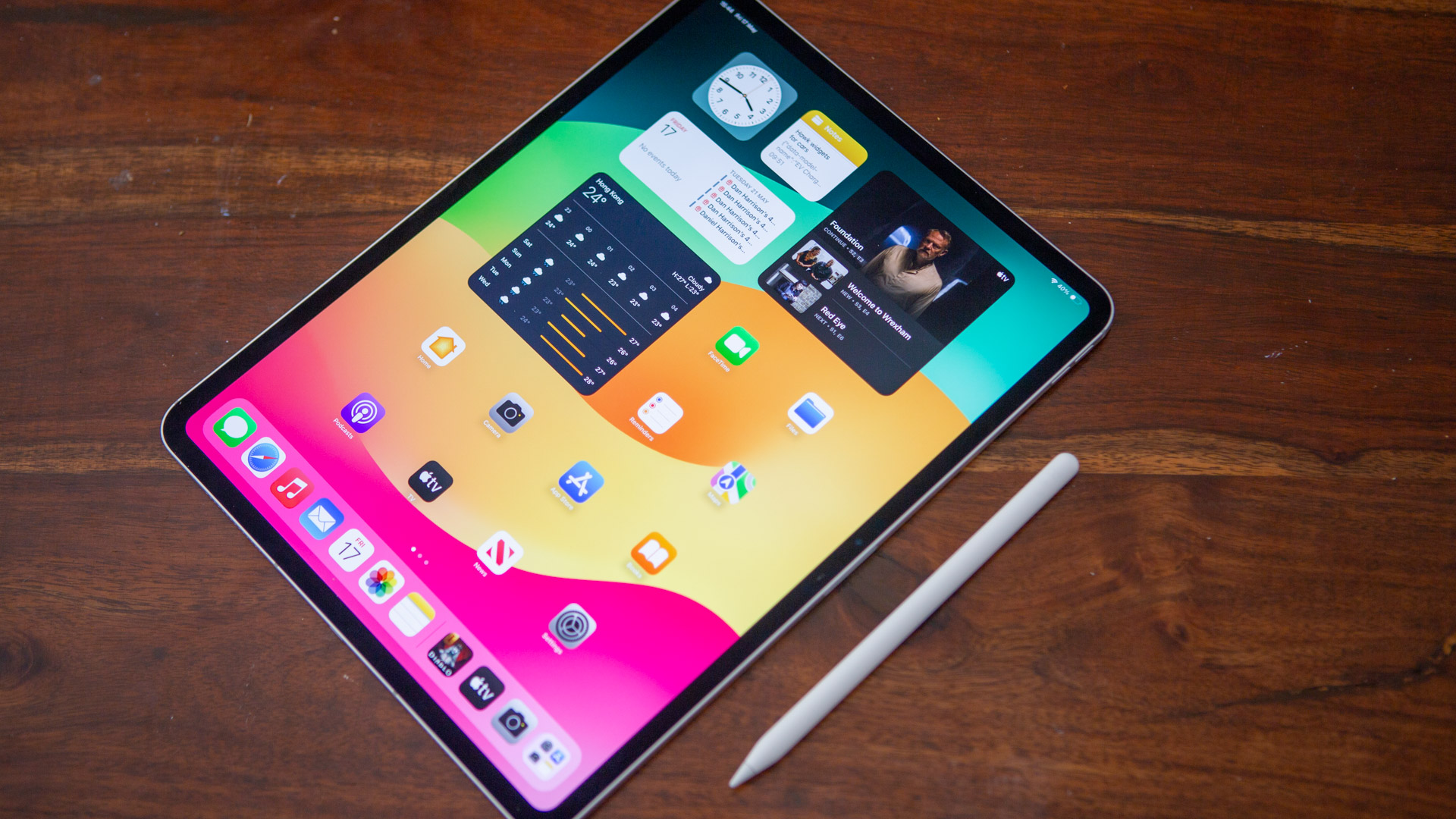 iPad reportedly getting major makeover and your current model could benefit too
iPad reportedly getting major makeover and your current model could benefit tooApple is said to be making a change that iPad power users have been wanting for years
By Carrie Marshall
-
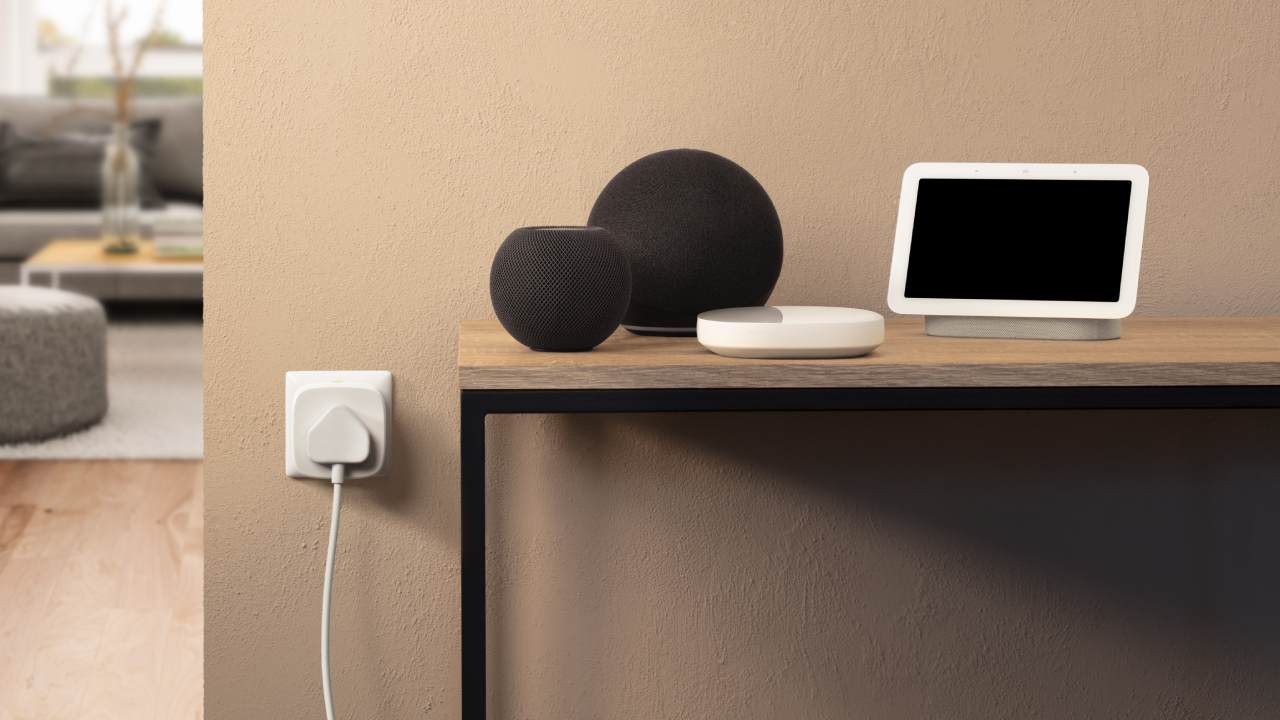 Eve’s smart plug gets impressive Matter upgrades – but I’m most excited about the app
Eve’s smart plug gets impressive Matter upgrades – but I’m most excited about the appEve Energy adds Matter support and an updated Android app
By Bethan Girdler-Maslen
-
 iPad reportedly getting major makeover and your current model could benefit too
iPad reportedly getting major makeover and your current model could benefit tooApple is said to be making a change that iPad power users have been wanting for years
By Carrie Marshall
-
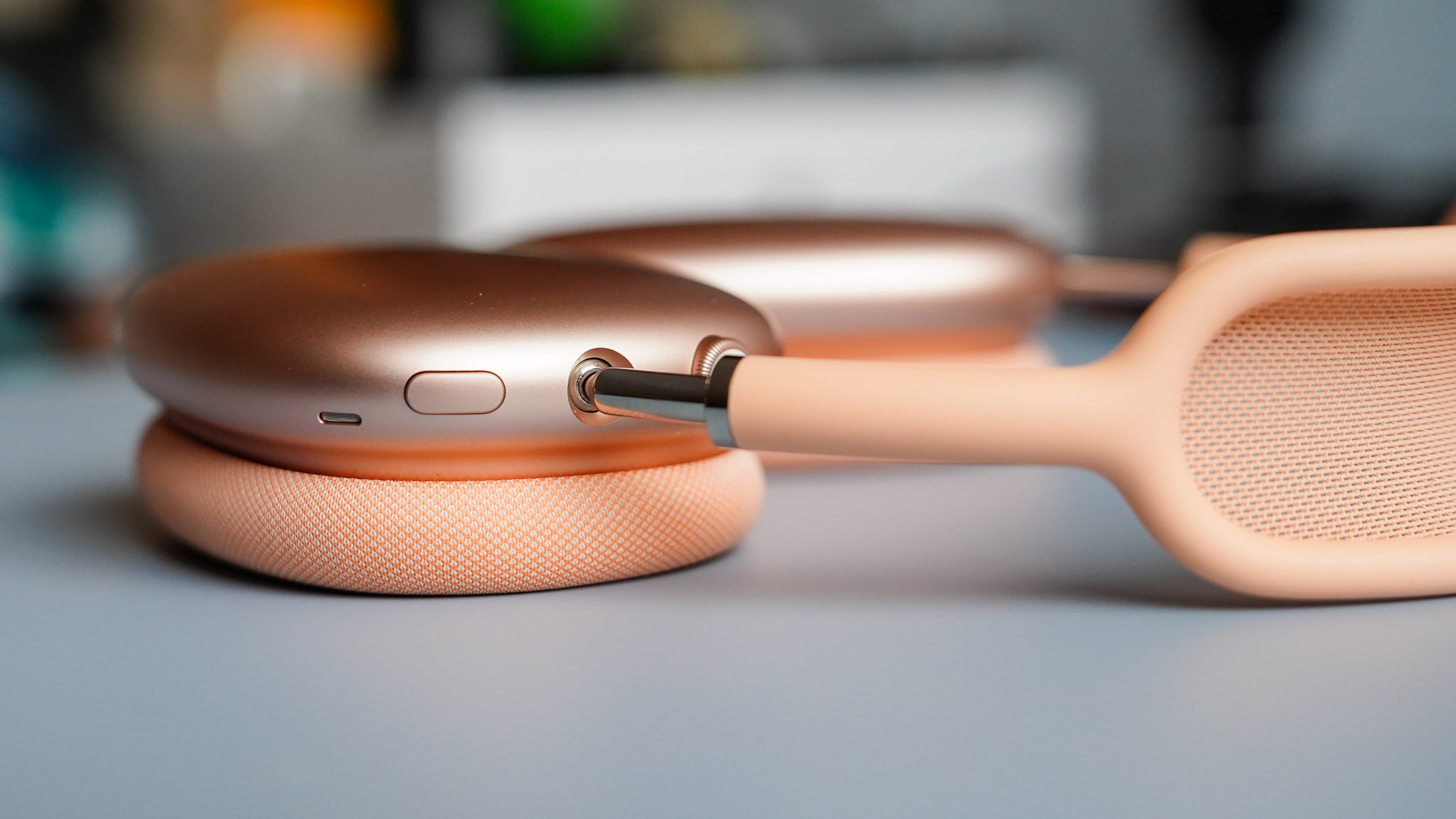 AirPods Max finally get the great free upgrade Apple promised
AirPods Max finally get the great free upgrade Apple promisedHere's how to make sure your headphones are running the right firmware
By Britta O'Boyle
-
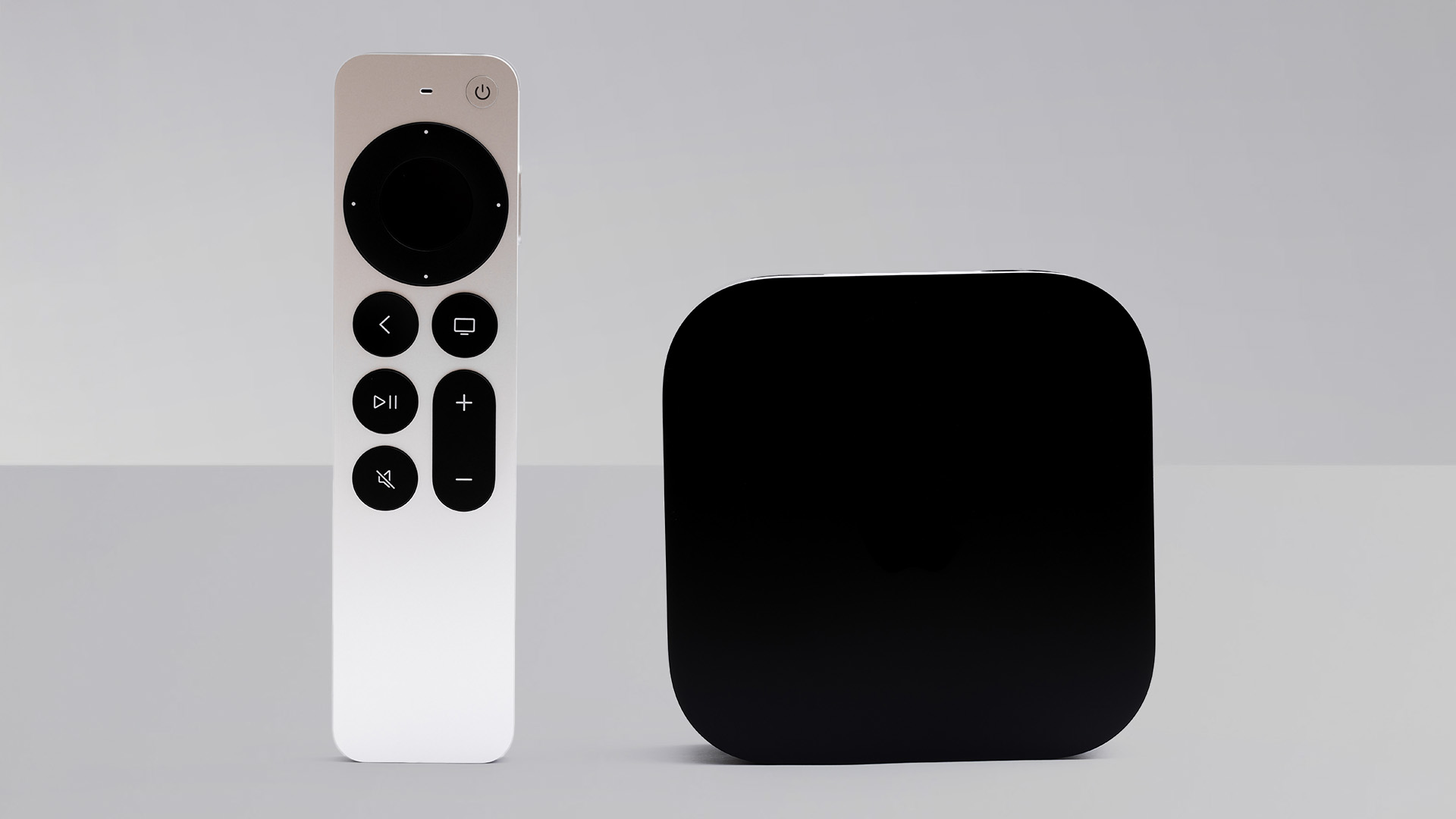 Apple TV gets a free update that makes it more simple to use
Apple TV gets a free update that makes it more simple to useApple has released tvOS 18.4 with a few design tweaks for its TV boxes
By Rik Henderson
-
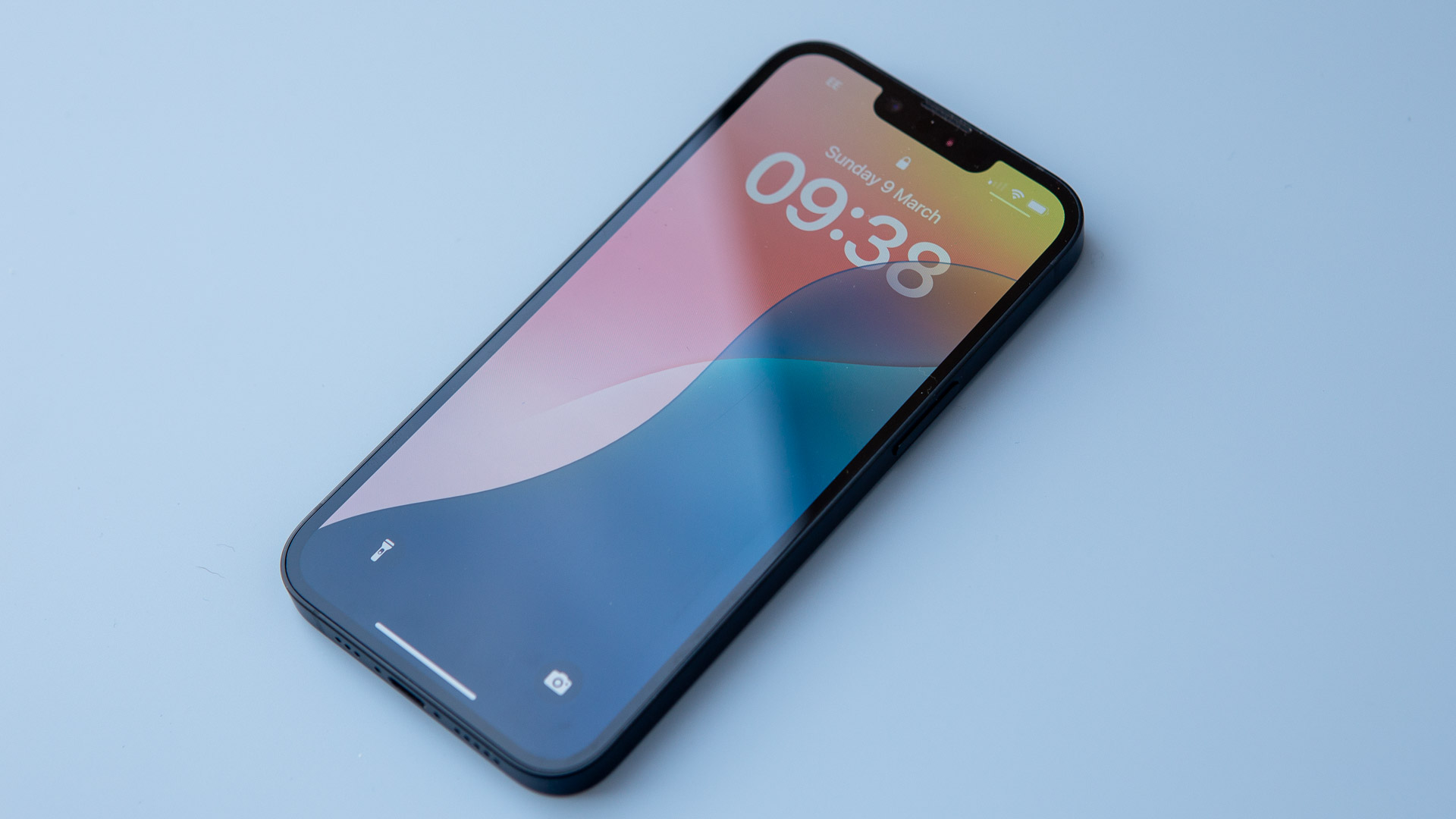 Your iPhone gets some new tricks - here’s what it can do now
Your iPhone gets some new tricks - here’s what it can do nowThe new emojis and priority notifications are probably our favourite
By Britta O'Boyle
-
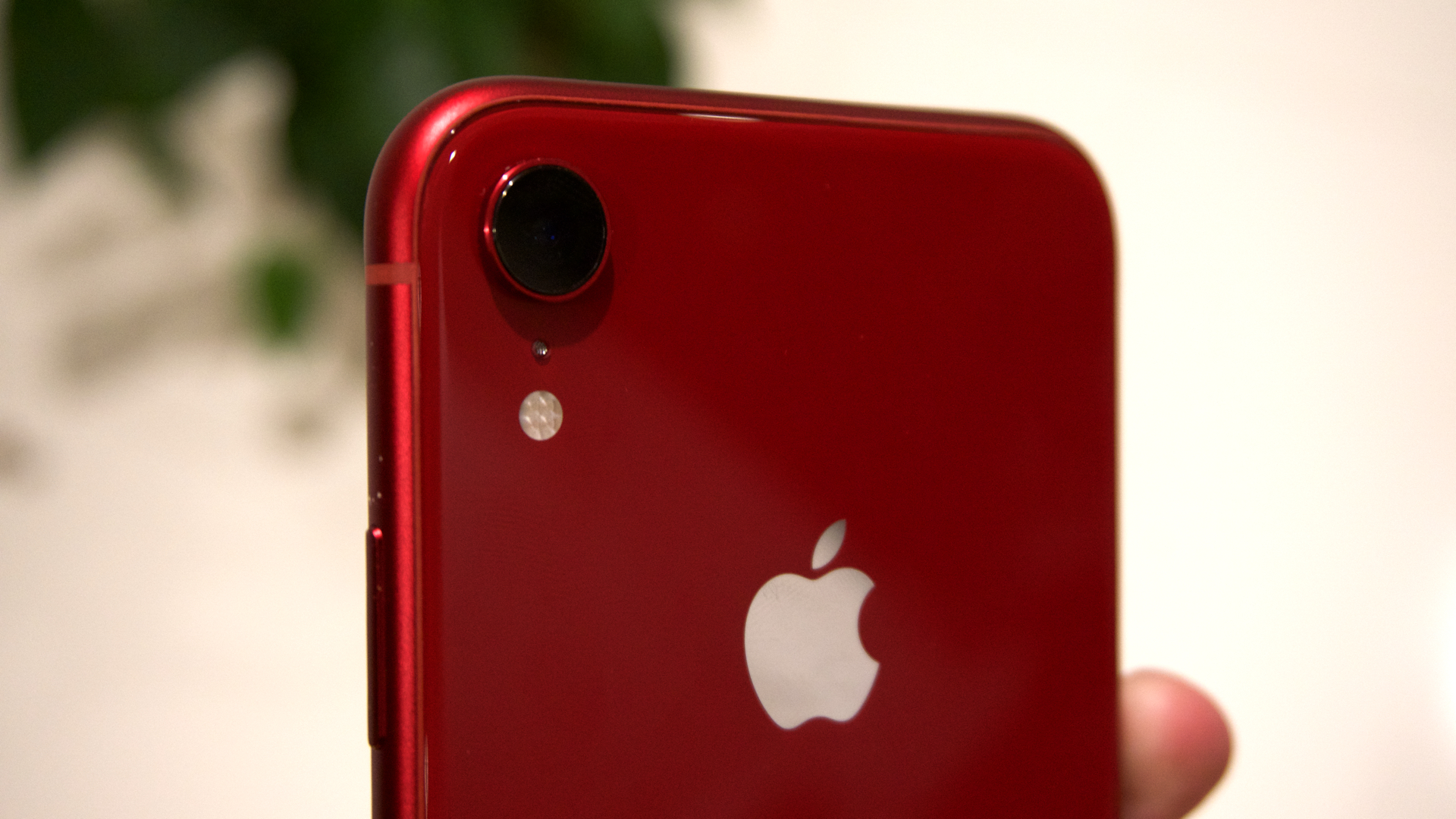 Older iPhones at risk of being left behind when iOS 19 arrives – is your device one of them?
Older iPhones at risk of being left behind when iOS 19 arrives – is your device one of them?Apple will reportedly drop three iPhone models when it comes to the iOS 19 update
By Carrie Marshall
-
 Your next MacBook Pro could be a game-changer for three good reasons
Your next MacBook Pro could be a game-changer for three good reasonsApple will reportedly upgrade next year's MacBook Pro in three major ways
By Rik Henderson
-
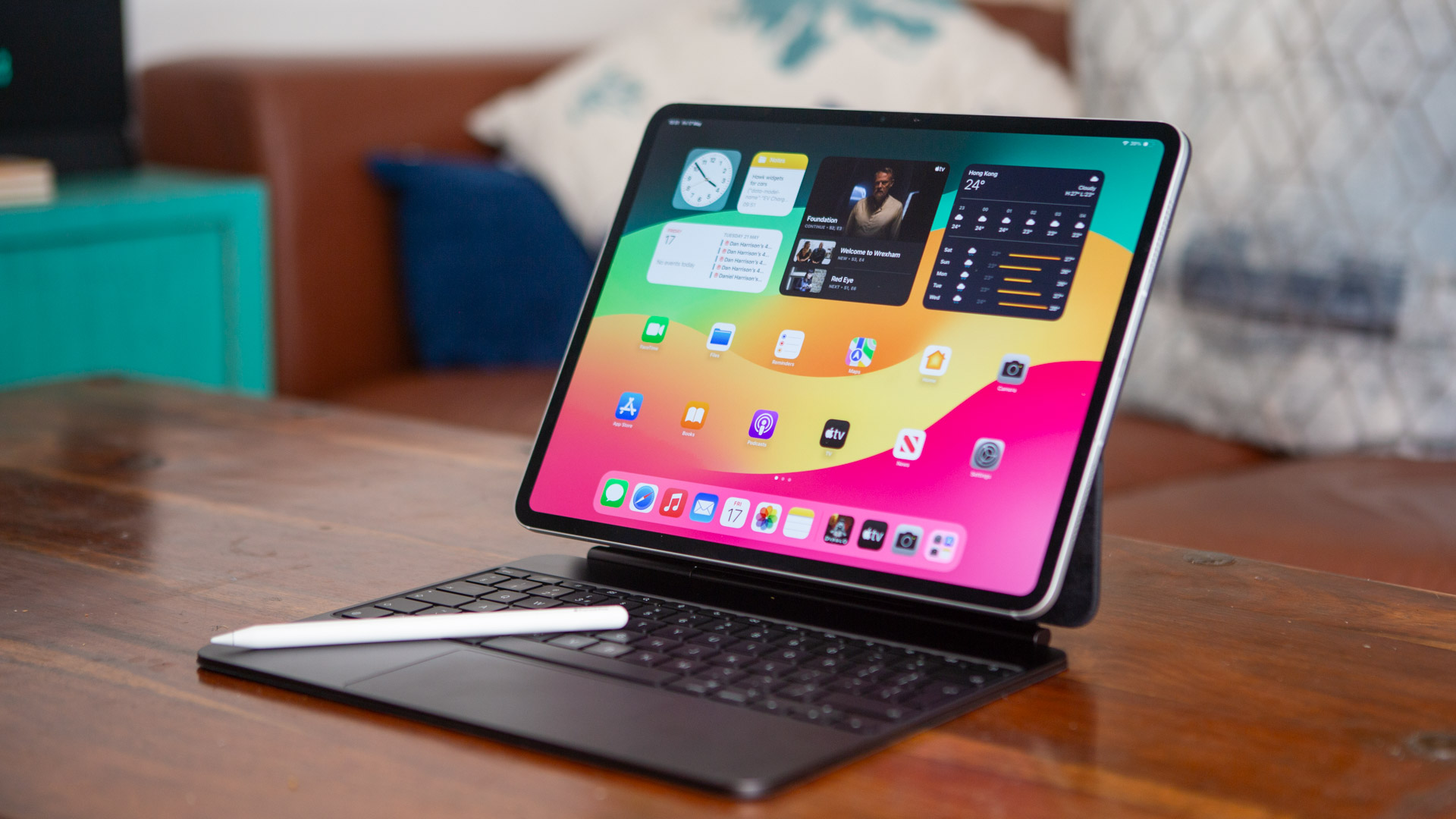 M5 iPad Pro on schedule for release this year, claims expert
M5 iPad Pro on schedule for release this year, claims expertApple's best tablet is reportedly getting even more power in late 2025
By Carrie Marshall
-
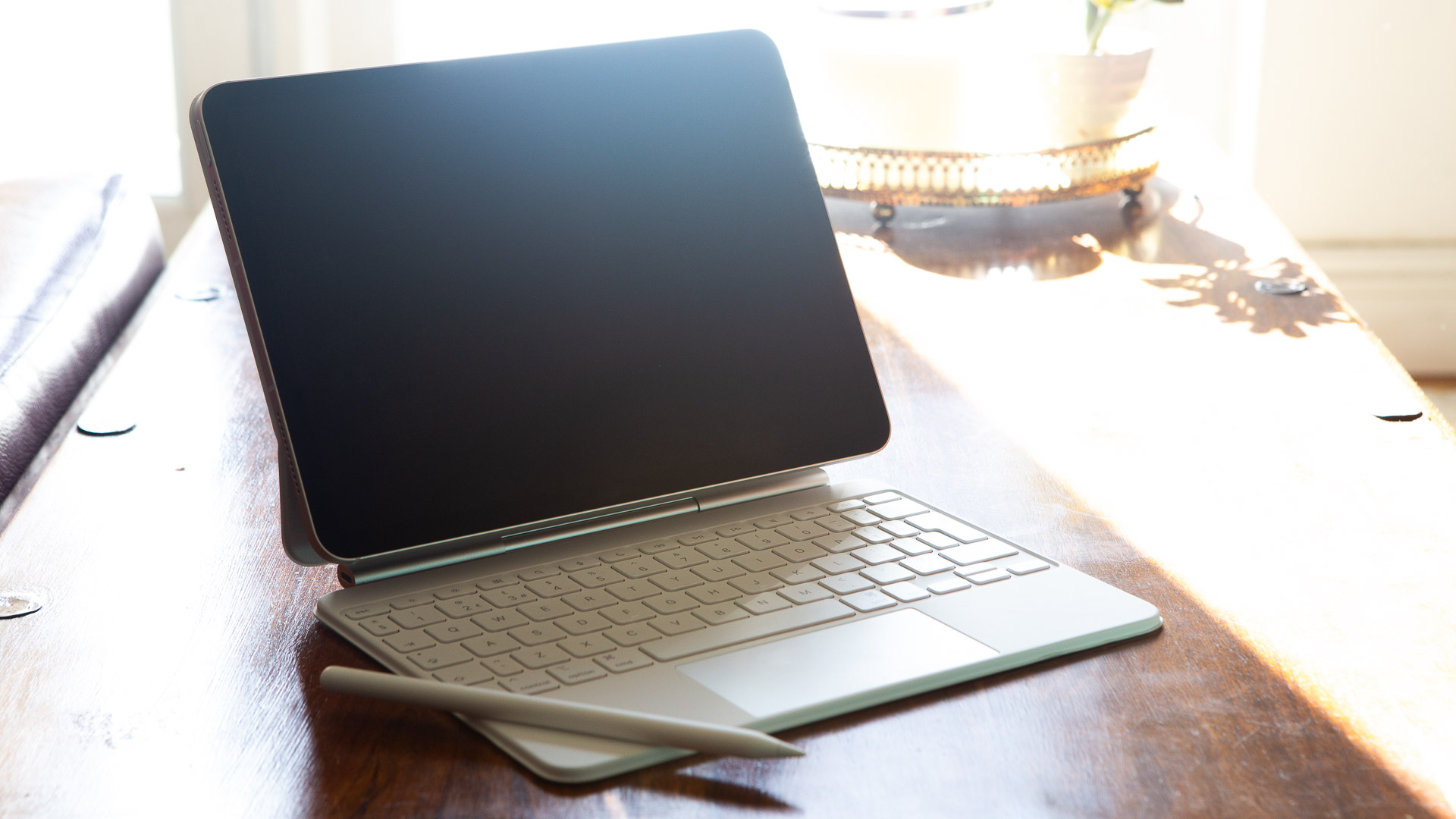 I tested the new iPad Air, and it's like a tablet and MacBook rolled into one
I tested the new iPad Air, and it's like a tablet and MacBook rolled into oneNow with an M3 chip and a new Magic Keyboard option, the iPad Air M3 promises to not only be the best portable tablet but a real mini laptop replacement, too
By Mat Gallagher